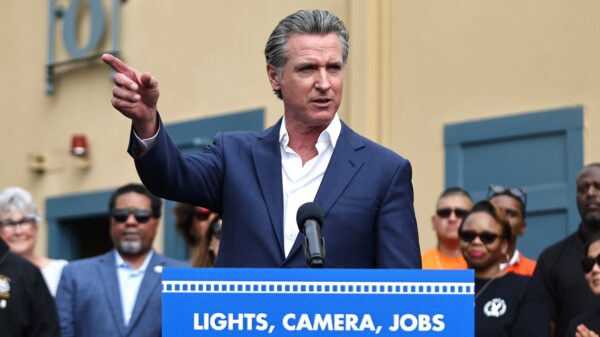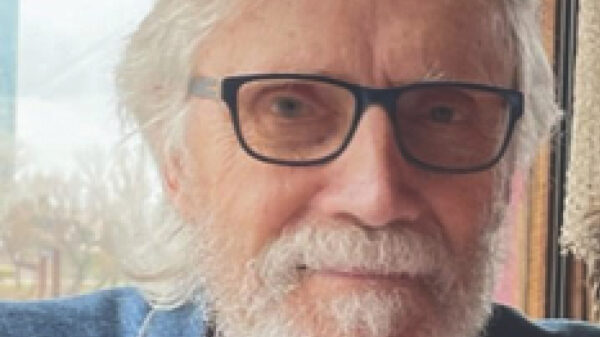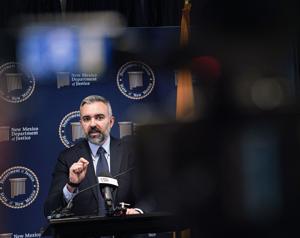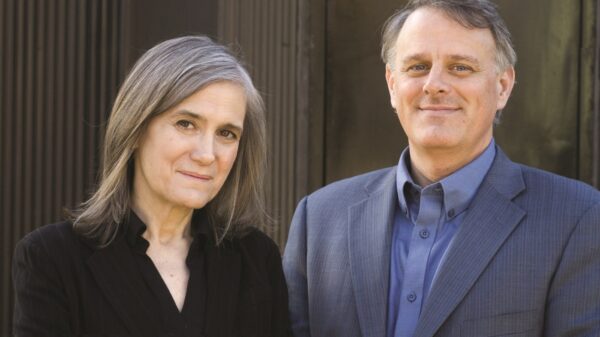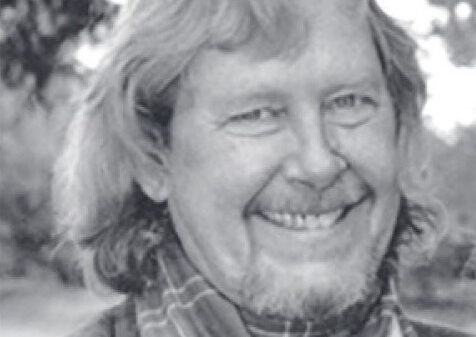A new initiative aimed at transforming scientific research and innovation has launched with a commitment of at least $500 million in grants. The Fund for Science and Technology (FFST), established through the estate of the late philanthropist and technologist Paul G. Allen, seeks to remove barriers to scientific progress by supporting groundbreaking projects in bioscience, environmental science, and artificial intelligence.
Dr. Lynda Stuart, an experienced physician-scientist with over two decades in immunology and global health, has taken the helm as the inaugural CEO. She emphasizes the need for a fresh approach to funding science, inspired by her extensive experience at institutions such as the Gates Foundation and the Institute for Protein Design at the University of Washington.
During her tenure, Dr. Stuart led significant efforts in COVID-19 vaccine research and development, witnessing firsthand the power of collaboration in addressing urgent global health challenges. “The COVID-19 vaccine response demonstrated what is possible when the scientific community unites to tackle a common problem,” she stated. “This collective action is a model we aim to replicate through FFST.”
A New Vision for Science Funding
The FFST will begin by awarding grants to four prestigious organizations based in Seattle: the Benaroya Research Institute, the College of the Environment at the University of Washington, the Fred Hutchinson Cancer Center, and Seattle Children’s Hospital. These initial grants will support innovative research efforts and demonstrate the fund’s commitment to scientific excellence.
Dr. Stuart advocates for “big bets and long bets” in funding strategies, which prioritize long-term solutions over short-term wins. She noted that scientific breakthroughs often require sustained investment and support, especially in areas that may not yield immediate commercial returns, such as pediatric immunology or biodiversity conservation. “Philanthropic organizations can assume more risk in such fields, where traditional funding may fall short,” she explained.
FFST’s approach aims to address the challenge of siloed scientific research, which often impedes collaboration across disciplines. Dr. Stuart highlighted the success of interdisciplinary efforts, citing recent Nobel Prize-winning advancements in protein design that emerged from the intersection of artificial intelligence and biochemistry. “The greatest innovations occur at the crossroads of different fields,” she remarked.
Transforming the Scientific Ecosystem
As the scientific community grapples with pressing global issues, FFST intends to catalyze change by fostering a more interconnected research environment. Dr. Stuart stresses the urgency of building a transformed scientific ecosystem that prioritizes foundational and transformational science.
“The next breakthrough could be within reach, but we must rethink the status quo and commit to a new vision for scientific funding,” she stated. By investing in neglected areas and supporting innovative solutions, FFST aims to create a sustainable impact that benefits both people and the planet.
With science funding increasingly central to cultural discussions, FFST arrives at a pivotal moment. Dr. Stuart urges the scientific community to embrace new methodologies, accelerate collaboration, and innovate responsibly. “We can help make the next breakthrough happen,” she concluded, emphasizing the importance of timely support for promising ideas in the scientific landscape.
Dr. Lynda Stuart’s leadership, combined with the substantial financial backing of FFST, positions the organization as a critical player in advancing global scientific efforts. As it embarks on this ambitious journey, the fund represents a significant opportunity to reshape how science is funded and to drive tangible results for society.

